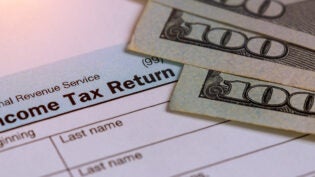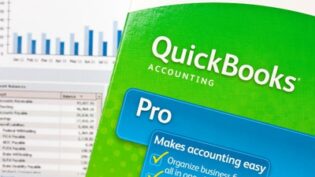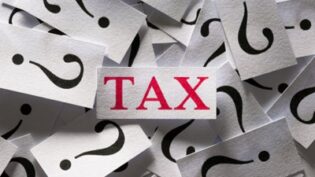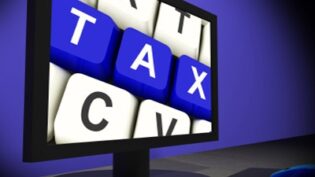I am the owner of a single-member LLC small business and would like to know what I can write off on my taxes this year?
By: Rick Gossett

I am the owner of a single-member LLC small business and would like to know what I can write off on my taxes this year?
Answer: An LLC is unique in that it can be taxed as a disregarded entity, partnership, C Corp or an S Corp. A single member or owner LLC can be taxed as a disregarded entity, C Corp or S corp. A multi-member or owner LLC can be taxed as a partnership, C Corp or S corp. Unless an LLC elects corporate tax classification by filing Federal Form 8832 (C Corp) or Federal Form 2553 (S Corp) with the IRS when it is formed, a single member or owner LLC is taxed as a disregarded entity and a multiple member or owner LLC is taxed as a partnership. An LLC taxed as a disregarded entity is taxed as a sole proprietorship when the LLC is engaged in active trade or business activities. Like businesses structured as sole proprietorships, partnerships, C corps, S corps, and similarly taxed LLCs can generally deduct business expenses provided they are connected with or pertain to the business and are both ordinary and necessary. However, because business expense deductions can vary somewhat depending on the business operations, and LLCs can house a wide variety of business operations, there is no comprehensive list of business expense deductions applicable to every conceivable LLC. Regardless of how their business is structured, business owners need to develop an understanding of the various types of deductible business expenses and the rules for their deductibility and then determine which expenses apply to their particular business operations. This can be done by reviewing IRS and related business expense deduction information, like that provided below, and then consulting with a local tax advisor when uncertain about the tax deductibility of certain expenses. While business expenses vary somewhat depending on the business operations, structure, and accounting method under IRS rules, a business, including a small or home-based business, can generally deduct business expenses provided they are connected with or pertain to the business and are both ordinary and necessary. According to IRS guidelines, “an ordinary expense is one that is common and accepted in your trade or business. A necessary expense is one that is helpful and appropriate for your trade or business. An expense does not have to be indispensable to be considered necessary.” While many business expenses can be deducted as you incur them, amounts incurred for purchases of vehicles, business equipment, and buildings with a useful life of more than a year must be capitalized and the cost recovered over time through depreciation deductions. When the sale or production of merchandise is a material income producing factor in the business, inventories must be maintained and the inventory costs capitalized and deducted as Costs of Goods Sold. Also, certain business start-up expenses must be capitalized, but can be deducted over time through amortization deductions. You can review IRS and related discussions on business expenses at the following websites: General business deduction discussions:
- General Rules for Business Deductions: completetax.com
- 2012 Business Expenses Overview: irs.gov
- Deducting Business Expenses: irs.gov
Travel, entertainment and transportation expenses (including vehicles):
- Travel, Entertainment, Gift, and Car Expenses: irs.gov
- Business Use of Car: irs.gov
- Vehicles and Taxes: completetax.com
- Maximizing Business Transportation Expense Deductions: nardifinancial.com
Depreciation expense (including Section 179 expense):
Home office:
Startup issues:
Accounting methods and recordkeeping:
Retirement plans:
- Retirement Plan for Small Business: irs.gov
- Self-Employed Retirement Plans: about.com
- Retirement Planning & Investing: nolo.com
Common business tax deductions and easily overlooked business expenses:
- Business Tax Deductions: about.com
- Top Tax Deductions for Your Small Business: nolo.com
- Commonly Missed Business Tax Deductions: about.com
If you are uncertain about what types of business expenses your LLC may be entitled to deduct after reviewing the above information, we suggest that you review your particular business operations with a local accountant or CPA who can help you identify and maximize your allowable business expense deductions.
2282 Views












